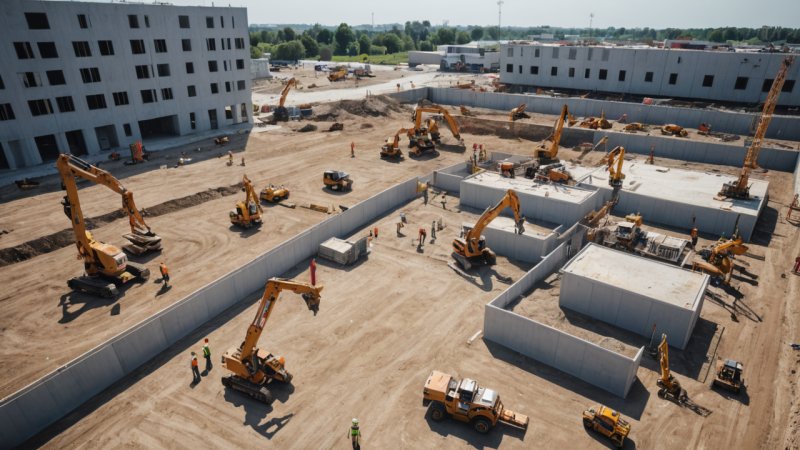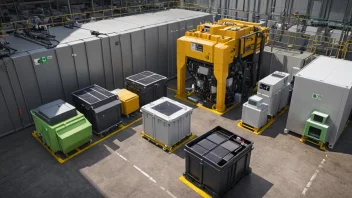In recent years, the construction engineering industry has witnessed a significant transformation, driven largely by advancements in technology. From the use of sophisticated software to innovative building materials, technology is reshaping how we think about construction, enhancing efficiency, safety, and sustainability.
One of the most notable technological advancements in construction engineering is Building Information Modeling (BIM). This digital representation of the physical and functional characteristics of a facility allows engineers and architects to create a 3D model before construction even begins. BIM helps in identifying potential issues early in the design process, minimizing costly changes during construction. Additionally, it facilitates better collaboration among project teams, leading to more streamlined workflows.
Another significant development is the integration of drones into construction projects. Drones provide a bird’s-eye view of the construction site, allowing for better monitoring and surveying. They can capture high-resolution images and data, which can be analyzed to track progress, ensure compliance with safety standards, and assess site conditions. This aerial perspective not only improves efficiency but also enhances safety by reducing the need for workers to perform high-risk inspections.
Moreover, the rise of prefabrication and modular construction is revolutionizing how buildings are constructed. By assembling components off-site and transporting them to the construction site, projects can be completed faster and with less waste. This approach also allows for better quality control, as many of the components are manufactured in a controlled environment. As a result, construction companies are seeing reduced timelines and costs while maintaining high standards of quality.
Automation is yet another area where technology is making a significant impact. Robotics and automated machinery are increasingly being used in construction tasks such as bricklaying, concrete pouring, and demolition. These machines can work tirelessly, improving productivity while simultaneously reducing the risk of human error and injury. As automation continues to evolve, it is expected to take on more complex tasks, further transforming the construction landscape.
In addition to these advancements, the adoption of sustainable building practices is becoming more prevalent, driven by technological innovations. Smart building technologies, including energy-efficient systems and materials, are helping to reduce the carbon footprint of construction projects. With an emphasis on sustainability, construction engineering is moving towards greener practices that not only benefit the environment but also offer long-term cost savings.
In conclusion, technology is playing a pivotal role in improving construction engineering by enhancing efficiency, safety, and sustainability. With tools like BIM, drones, prefabrication, automation, and sustainable practices, the industry is evolving rapidly. As these technologies continue to advance, the future of construction engineering promises to be even more innovative, ensuring that projects are completed more efficiently and with a greater emphasis on sustainability.






